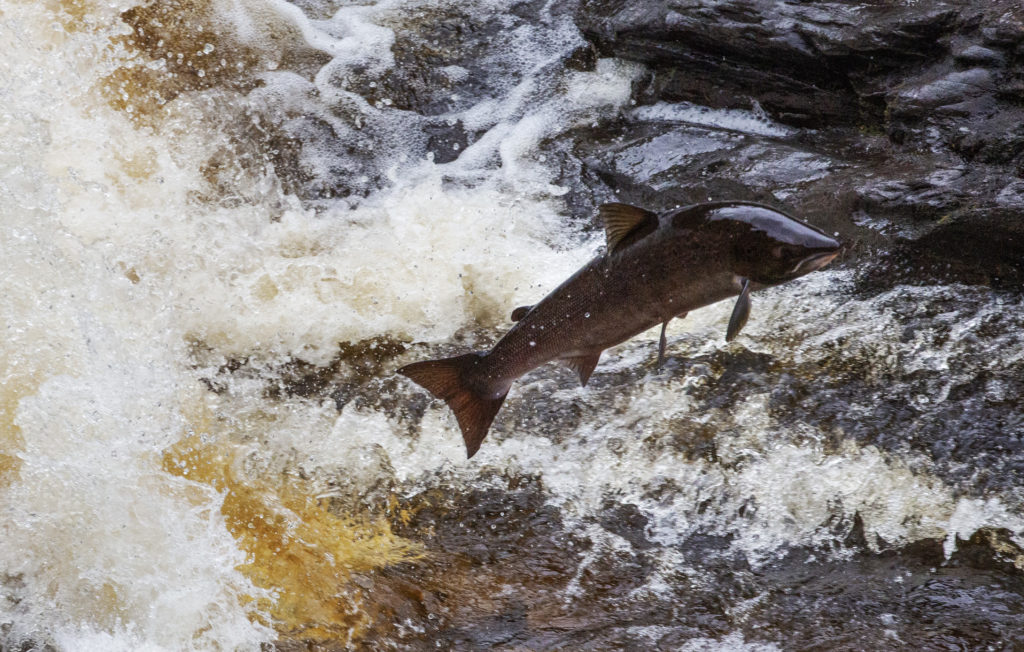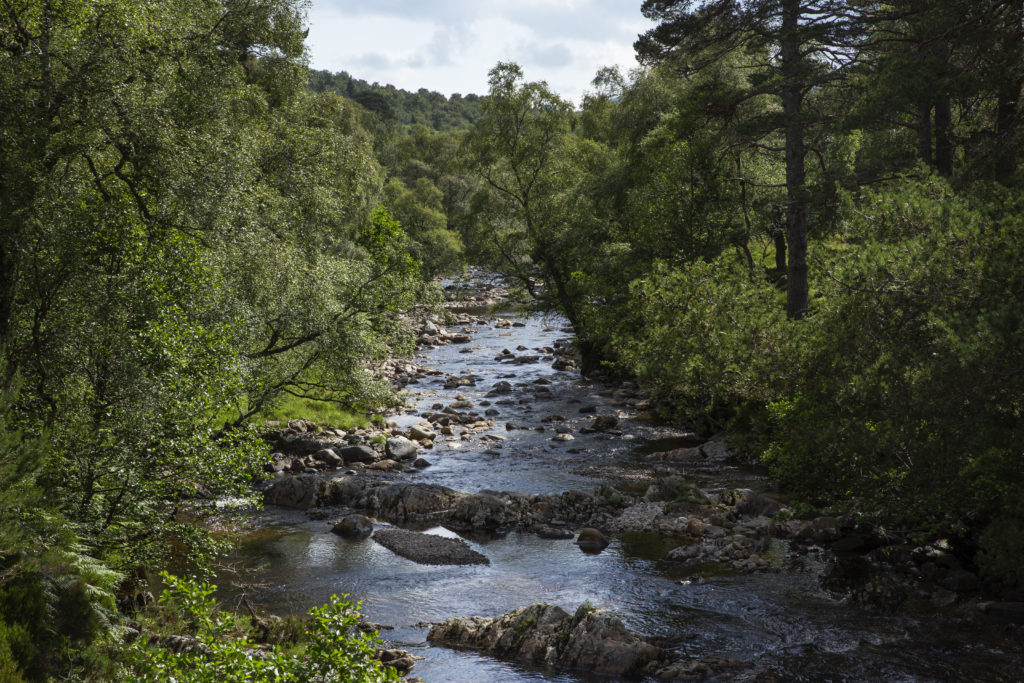Through the FIRNS initiative, TENT is working on a new blueprint for investment into nature recovery.

The feature length documentary Riverwoods shines a light on the perilous state of Scotland’s rivers. On May 24th The European Nature Trust will be hosting the English premiere at the British Film Institute
Rivers are often described as the veins of the land; the lifeblood of ecosystems, they flow down from the mountaintops, through valleys, and out to the coast, transporting the essential elements and conditions for life.
But in Scotland, all is not well. Many of Scotland’s rivers today fail to meet ‘Good’ ecological and chemical health standards, according to the Water Framework Directive. The causes are multifarious – ‘death by a thousand cuts,’ says Peter Cairns, Director of SCOTLAND: The Big Picture, a rewilding charity. Over the years, vast tracts of the Highlands have been deforested, and the loss of Scotland’s natural woodlands and the species that shaped them has profoundly changed rivers. In result, our rivers have a reduced ability to support the huge salmon runs that once flourished.
For the past few years, SCOTLAND: The Big Picture has been producing the feature-length documentary Riverwoods, which shines a light on the state of Scotland’s salmon and the degraded river catchments we have come to accept as normal.


As time has progressed, Scotland has lost much of its woodland and riparian tree cover. Notable time points were the Highland clearances, when woodland was cleared for sheep; and during the two World Wars, when great volumes of timber were harvested. Today, Scotland is one of the least wooded countries in Europe with just 3 per cent of its native woodland intact.
As woodland cover has reduced and species have been removed from the Scottish landscape, our climate has been warming. The average temperature of Scotland’s waterways is increasing: Across Atlantic streams, the average temperature increase was +0.22 degrees centigrade between 2000 and 2009. Under a business as usual scenario, August stream temperatures are projected to increase on average by +2.5 degrees by the 2080s.
This is bad news for Atlantic salmon. Today, Scotland's Atlantic salmon numbers have declined by around 70 per cent; the total salmon rod catch in Scottish rivers reached its lowest number in 2018, and coastal net catches have been free-falling since the 1960s. Increasingly, scientists believe the decline has a lot to do with the degraded river catchments and higher freshwater temperatures.
In spring, summer and autumn, salmon enter Scotland's rivers from the sea. They breed in the freshwater environments, growing through juvenile stages for 2 to 3 years before embarking for the North Atlantic. But the species cannot grow and survive in the extreme freshwater summer temperatures we see today. ‘There are recent records of 27 degrees in the upper reaches of the Dee catchment’ adds Cairns. In 2018 – when Scotland recorded the lowest rod catch for salmon since records began – freshwater temperatures across 70 per cent of Scotland's rivers were too warm for salmon survival at least one day that summer.
Scotland's native woodland cover on riverbanks would have once provided shade to cool the rivers, providing critical nursery areas for Atlantic salmon. With the loss of woodland, riparian ecosystems are today less able to cope with rising temperatures. Like other cold-water adapted fish species, salmon experience stunted growth and demographic changes in high temperatures. Heat influences their cardiovascular health, and reduces their resistance to disease and parasites.
The salmon need the forest; the forest needs the salmon. But this primordial relationship – which governs the distribution of nutrients throughout landscapes – has been disrupted. ‘Naturally, as salmon return to their freshwater breeding grounds, they bring with them nutrients from the sea,’ says Cairns. Historically, wolves, bears, eagles and ospreys would have scavenged on spent salmon carcasses, depositing these nutrients in and around rivers. ‘In naturally functioning river systems, you’ve got this cycle of nutrients that feeds the trees and the wider ecosystem. What we’ve got today is a broken system.’
There is an antidote, and a logical starting point. Riparian woodland planting has shown to be an effective conservation strategy to improve the health of wild salmon populations. ‘It’s one of the most basic things we can start doing right away,’ says Cairns. Improved woodland cover on rivers increases their ability to filter pollutants and agricultural runoff, while boosting the amount of carbon stored in the landscape. ‘Putting trees back into river catchments is not just an act of environmental benevolence; it’s a practical step towards mitigating the worst impacts of climate breakdown.’
There's a lot of work to be done to get trees back on our rivers. Marine Scotland scientists have found that only 35 per cent of rivers, which stretch for 64,000 miles, have adequate tree cover. By attending the London premiere of Riverwoods on 24th May, you can help get trees back on our riverways, and support our salmon runs.
The salmon, so dependent on clean, cold water, cry out for the woodlands that once shaded and fed them. Riverwoods is a clarion call for landscape-scale restoration: ‘Our job is to shift the societal mindset; to help push the needle so that nature recovery is rolled out at the scale and with the urgency that we believe is needed.’

Through the FIRNS initiative, TENT is working on a new blueprint for investment into nature recovery.
An amazing attendance at the RGS to celebrate Belizean conservation!
A civilised nation, killing more than 70% of its wolves, flies in the face of science.

